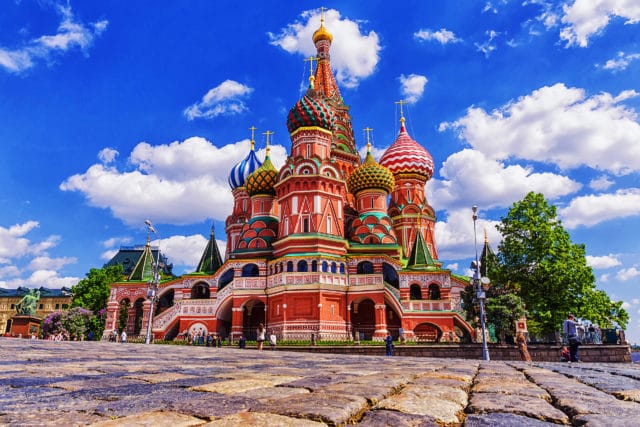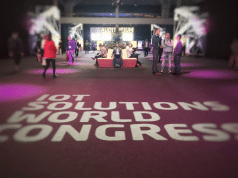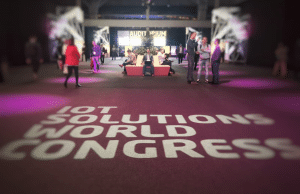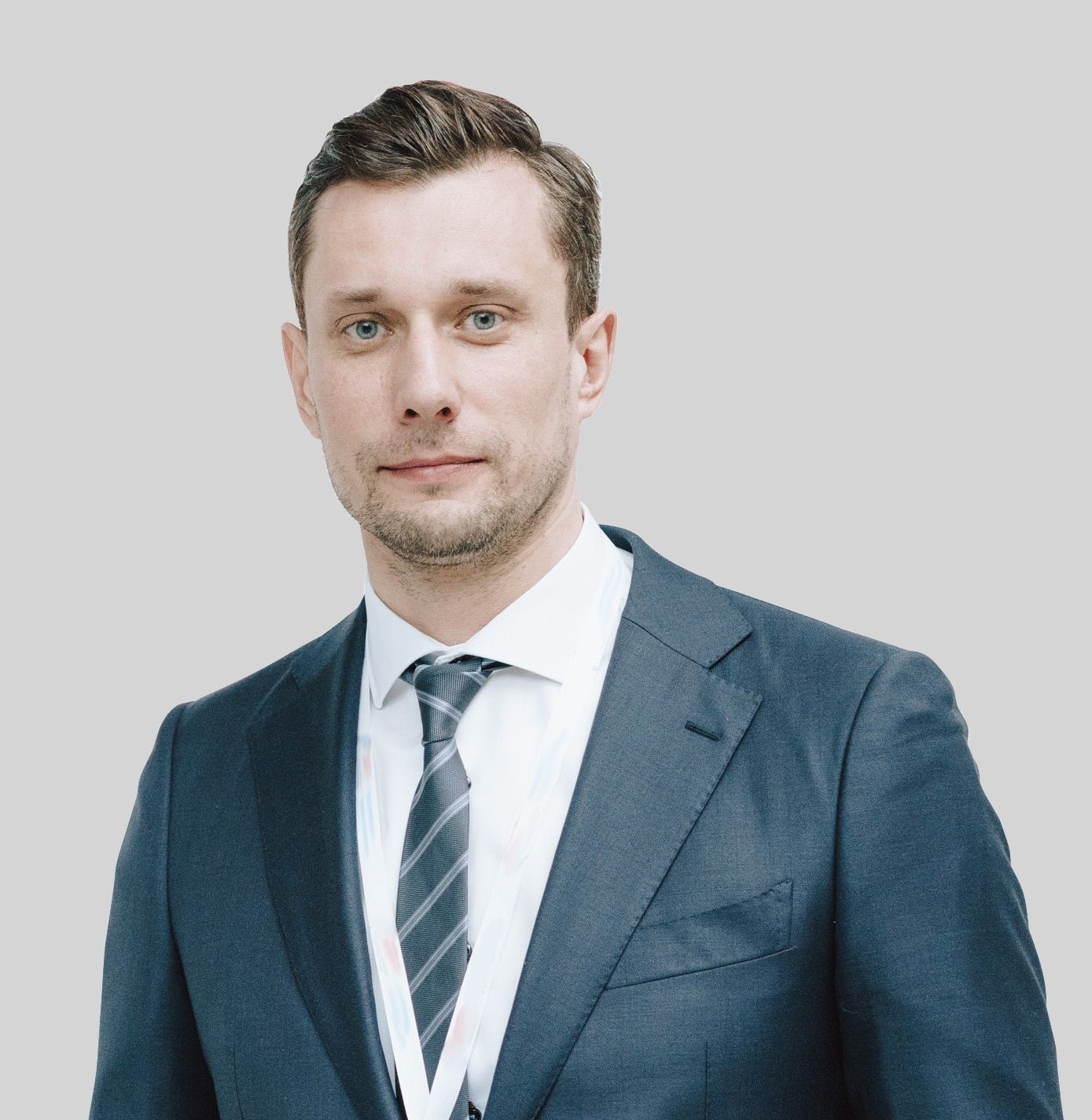
“One of our top priority goals is to change the current perception of this country abroad”
Q: Which are Russias top factors influencing meeting location for business travel by European buyers?
An event can become an element in the strategy of the territory’s global development. Choosing the right location for an event, otherwise known as destination, is crucial for the success of the event and touches upon the issues of strategic cooperation between countries, towns and events themselves. The main factors behind Russia’s attractiveness as an event destination include simplified visa requirements, competitive pricing, high service quality and availability of modern specialized infrastructure, rich cultural heritage and safety. Of special significance is the visa issue, especially for Europeans. Passengers arriving in Russia by cruise ships may enter Russia without a visa and stay in this country for 72 hours. Also, during major international events, organizers, operators or participants of such events enjoy a simplified entry visa regime. For example, such measures were adopted during the 22nd Winter Olympic Games and the 11th Paralympic Games’2014 in Sochi, and the FIFA Confederation Cup’2017 and FIFA World Cup’2018. The Russian Convention Bureau has been working actively on the project of express issue of visas to foreign citizens traveling on business.
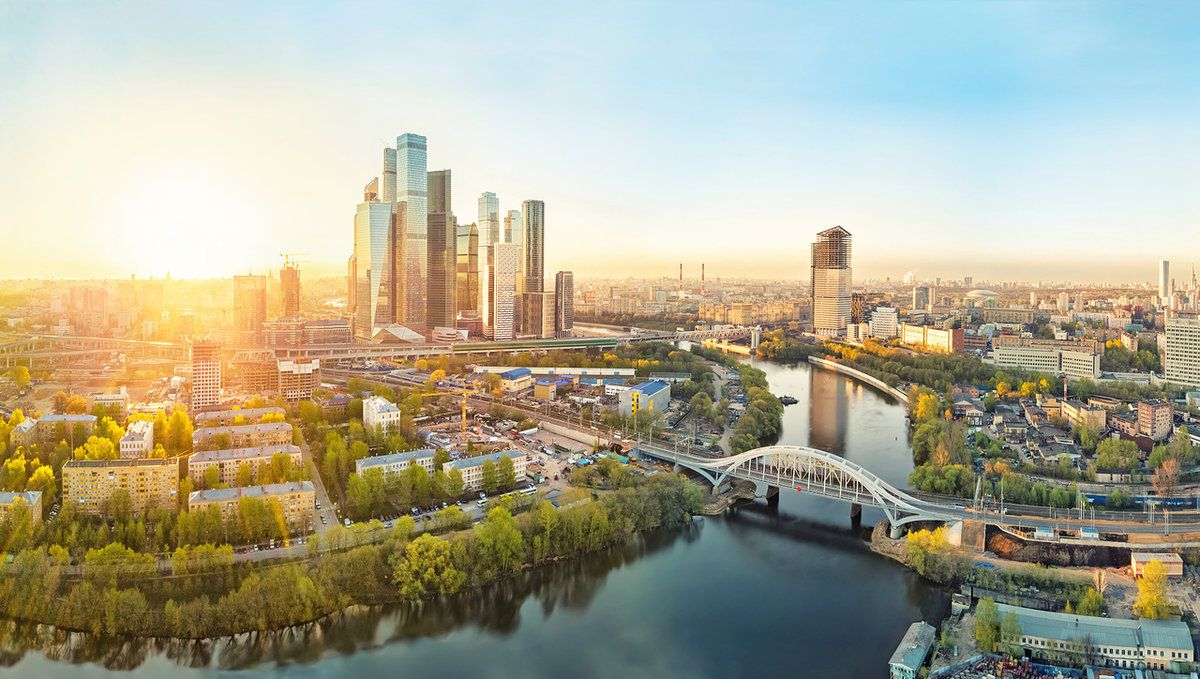
Q: How do you see Russia’s meetings industry scene?
Right now Russia ranks 41st in the world rating of ICCA congress destinations. In 2017 Russia held a total of 87 ICCA events. Russia currently ranks 21st among European countries. According to our calculations, the share of Russia on the international event market currently stands at less than 1%. Over the past decade Russia hosted 835 rotating congress-type events. The annual volume of business meetings of every format stands approximately at 12,000-13,000 events. Most of these events are small-scale: seminars, workshops, master classes, roundtable discussions, meetings, etc. Moscow takes up more than half of this market; the share of St. Petersburg on the Russian event market is between 20 and 30%, while other regions and cities of Russia take up the remaining 20%. More than 7,000 Russian companies participate in the work of the event industry of this country. According to the data provided by R&C Research and Exhibition Center (c) 2018
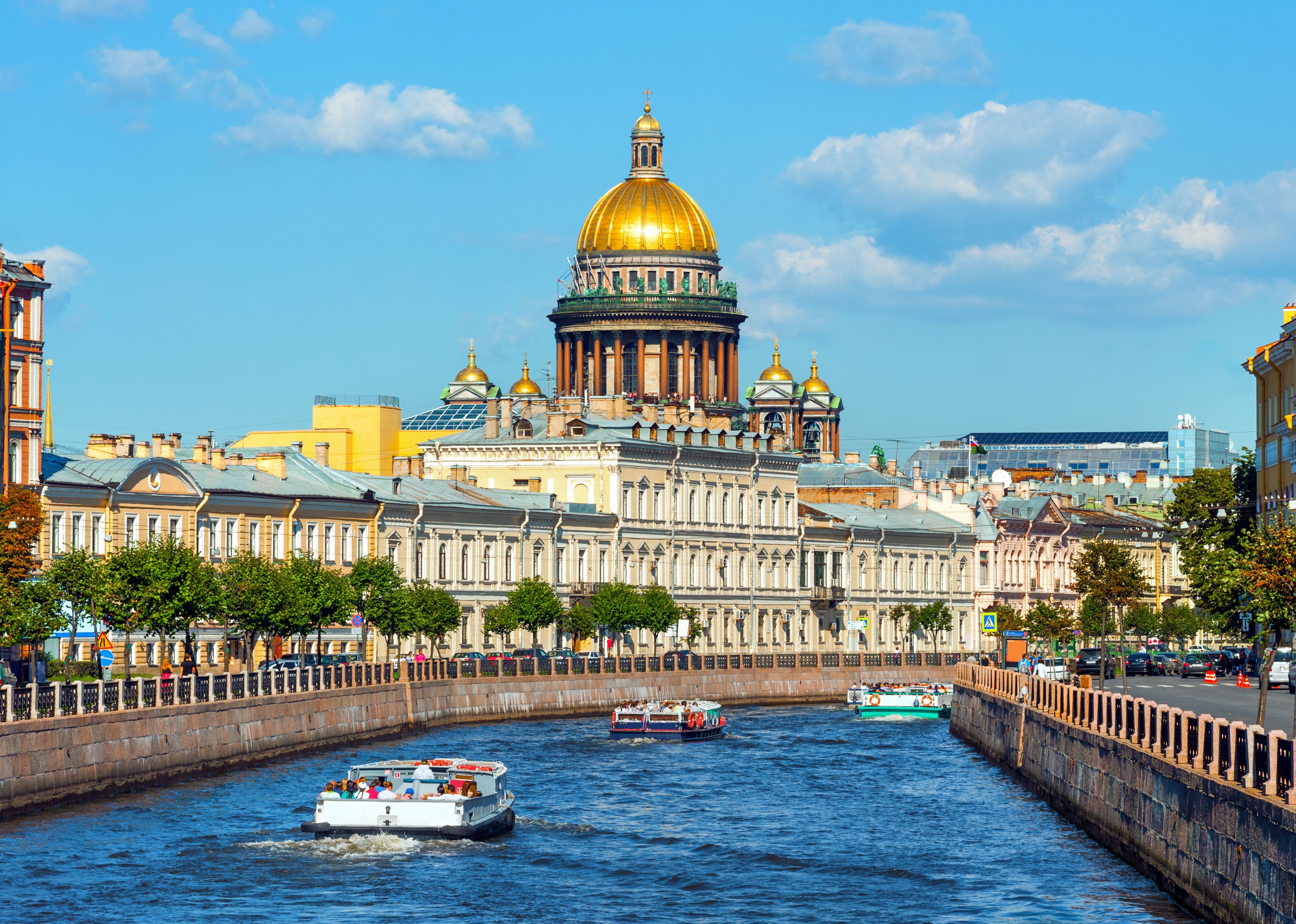
“On the whole, Russia is in line with international trends.”
Q: What kind of trends do you think we will see in meetings industry and events in Russia in the upcoming year?
On the whole, Russia is in line with international trends. Business events are becoming increasingly more interactive; the share of “hybrid” type events is growing, organizers have been paying considerable attention to developing mobile apps. The events are becoming shorter and smaller in scale. It also now takes less time to set up and hold an event. In conditions of abundant information, the role of high-quality content has been increasing. Yet another specific feature of the Russian market is the generation mix of delegates at each event. This has an impact on the structure of content and approaches to planning.

Q: Through which channels can you market your MICE products on the European market?
The RCB first introduced “Russia Open to the World” national exhibit in November 2017 in Barcelona as part of that year’s IBTM World 2017 International Exhibition. We believe that taking part in large-scale specialized international exhibitions is an effective tool that allows to meet face to face with our international target audience and showcase the infrastructure potential of Russian regions in the event industry. Besides, the RCB provides information on event capabilities of Russia to all interested industry professionals, and organizes fam trips to introduce visitors to opportunities presenting themselves across Russia. The RCB is getting ready to launch its own specialized web portal presenting the current capabilities in our industry available in Russia.
Q: How successful is Russian Congress bureau in creating a strong and recognisable brand of Russia? Which are the main challenges?
As we continue working on attracting new international events to Russia, one of our top priority goals is to change the current perception of this country abroad. To do this, we must combine the efforts of Russian state and private enterprises as they work to promote Russia as an event destination among target groups abroad. The role of the RCB lies in coordinating the activities of these entities and shaping a common, coherent brand.
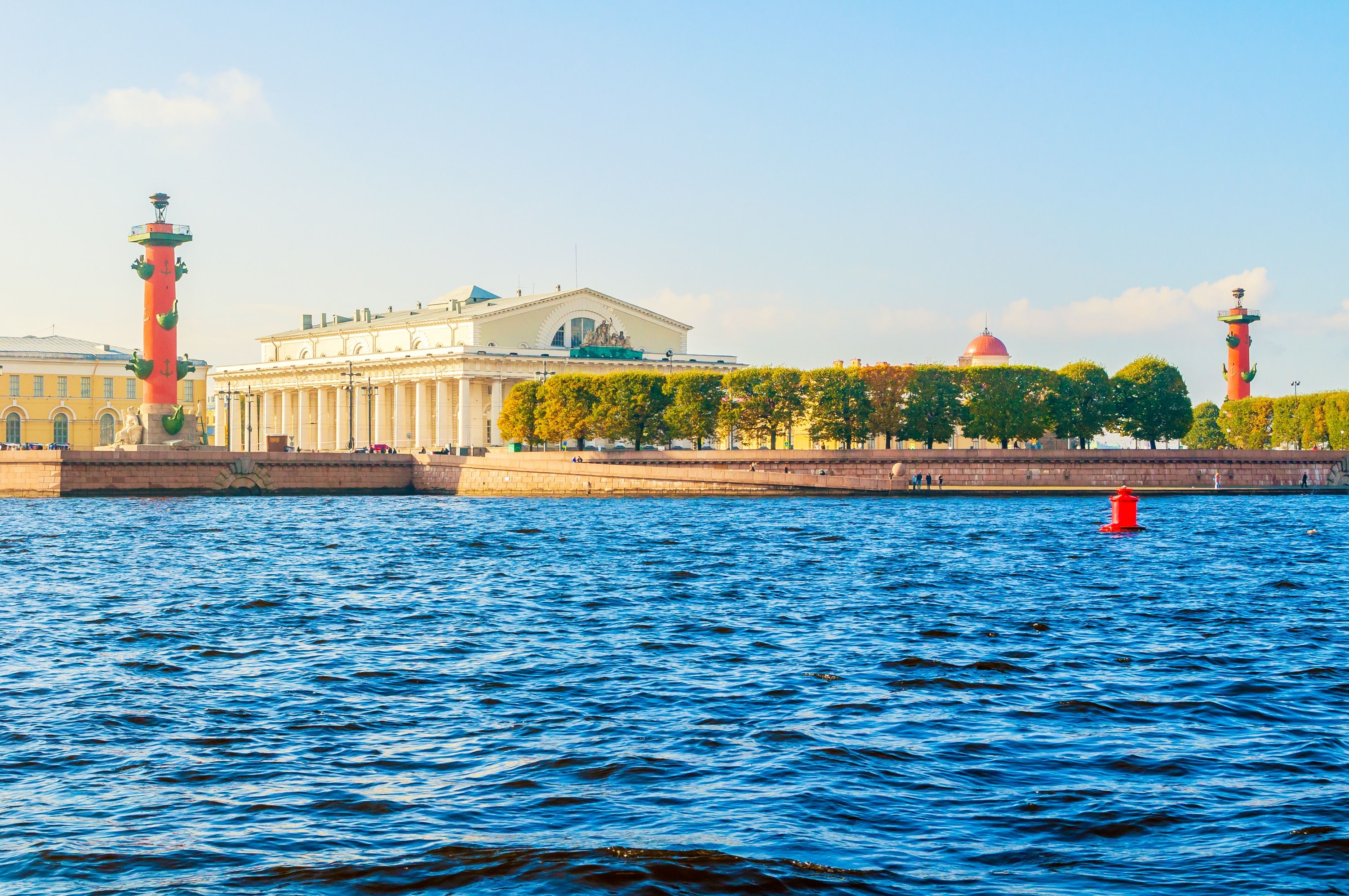
Q: MICE industry is developing fast in Russia in the past years. What more can we expect to happen in the future?
In five years, the efforts of the RCB will help increase Russia’s share on the world event market to 1.5%. We expect that as Russia becomes a more popular event destination, the number of events held annually in Russia will also increase. For example, in 2023 there will be some 120 rotating congress events taking place in Russia.
Q: What are your personal biggest challenges at the director’s position at CB Russia?
From the start, the RCB worked to bring together all major participants of the Russian event industry, and to establish cooperation with bodies of authority. Until very recently, there had been no centralized statistical data accumulated by the industry, so it was quite difficult to assess the market volume. Additionally, at this time the RCB is working on preparing regional event industry passports, which will make attracting international events to Russia much easier. As of today, Russia does not have a common international certification system for event industry professionals. The RCB also seeks to introduce event industry educational programs as well as in-service training programs in this field.
From the desk of: Ajda Borak


